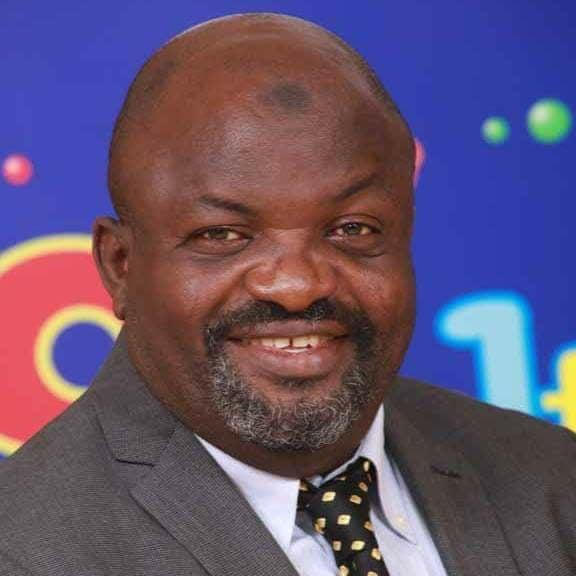By Felicia Nwosu
In commemoration and celebration of this year’s World Radio Day across the globe, Olayinka Adagun, an ace media expert and a former General Manager of Lagos Traffic Radio, has charged key players in the radio segment of the broadcasting industry to continue to preserve the importance of radio as a powerful and invaluable mass communication tool. Stressing that radio still reaches the widest audience footprint , the veteran admonished practitioners to keep to the rules of broadcasting to enable them deliver unbiased reportage devoid of incitement.
He said this in an exclusive interview with MARKETING EDGE while highlighting this year’s World Radio Day celebration themed: “Radio and Peace”, which focused on the role of radio as an independent medium of peace making. The sub-theme of the day was “Radio in Conflict Prevention and Peace-building” as well as “Support to Independent Radio”.
Adagun pointed out the aptness of the theme, noting that it reflects the country’s current political, social and economic experience. He urged professionals in the space to continue to see the potential of Radio as a tool for impacting and creating public awareness and agenda setting. The media personality advised practitioners to be guided by professional ethics and standards of broadcasting to enable the powerful tool to achieve its purpose.
“In the process of trying to impress the audience and also to become popular with the masses, they shift from the ethical standard of radio broadcasting thereby breaking the rules of the profession. Sometimes, when an issue of discourse arises, you see them passing judgment and conducting trials already on their own by injecting their opinions. We can use it to ensure good governance, while abiding by the rules and regulations of the NBC Codes,” he said.
The veteran media icon reaffirmed that radio has the capability of promoting good governance and peace among the citizenry, adding that its global recognition has given rise to its popularity and vital role for social development overtime. He, therefore, called on the government to discourage and shun the monopoly of radio content.
“Unfortunately sometimes, it is often used by the government of the day to promote only its own interest and agenda. In some states now, the opposition cannot have their political campaign on public radio and that should not have been so. The impact of radio as a transformative tool will continue to play a huge role in our daily lives because it has the potential to promote good governance and at the same time promote peace among the citizenry. Nigeria’s radio growth has been hindered by the effect of unfriendly regulations,” he said.
He confirmed that radio broadcasting has gone under the knife with technological advancement and enhancements and no more a one-way conversational route like it used to be in time past.
“The times are changing. Radio is fast becoming a very important channel of communication between the governed and the leaders. Those days that we used to refer to radio as a one-way conversational platform have gone; it is now the era of active participation of both the listener and the presenter. This helps to solve problems easily and faster as key players get to know about various social problems and immediately look for solutions. This is because radio messages get faster to the intended audience than other media platforms. It was in those days that you had to spend so much to get a radio, but today even mobile phones come with radio. It is more accessible with a wide audience reach than before. This can be exploited for transformative purposes,” he added.
February 13 every year has been dedicated and set aside to spread awareness about the power of the audio medium. It was proclaimed in 2011 by the Member States of UNESCO, and adopted by the United Nations General Assembly in 2012 as an International Day. The powerful tool was invented by Italian electrical engineer Guglielmo Marconi in the 1890s, as an important means of communication to educate, entertain and inform.






Comment
No comments found.